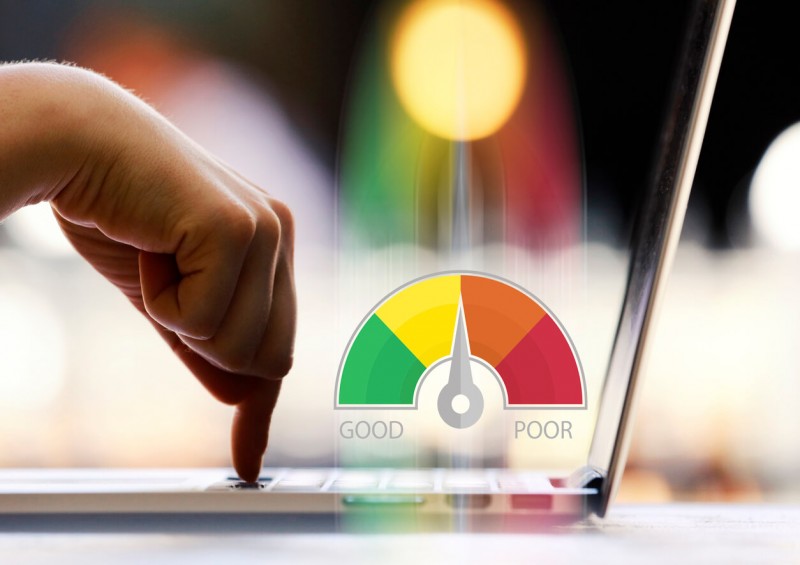Credit Reference Agencies – What Are They?

Compiling your financial history
When applying for a financial contract (which could be anything from a new rental agreement on a flat to a mobile phone contract or credit card), it is only reasonable for the other party to want to know a little bit about you and your financial history. After all, they have to protect their assets and don’t want to lend money to someone who is just going to run off, or let their house to a tenant that cannot afford the rent payments.
The feared credit check comes next – where the potential lender types some things into a computer, and you hold your breath hoping that everything comes back OK.
But who is on the other side of that computer giving them the information?
What is a Credit Reference Agency?
Holding all that information is the job of the Credit Reference Agency (CRA), otherwise known as Credit Bureau, and they are an independent third-party who collects data about you from previous lenders and associated financial institutions – compiling it all into one place.
Prospective lenders, landlords or even employers can then ask the CRA for information on you in order to help them lower their risk in providing you with credit.
Who are the Credit Reference Agencies in the UK?
There are four CRAs who operate in the UK and are used by all major lenders:
-
Experian
-
Equifax
-
TransUnion (formally called CallCredit)
-
Crediva
How do Credit Reference Agencies get their information?
Whenever you consent to a credit check, information is passed in both directions from the potential lender and the CRA, helping them make sure they are up-to-date with your address and other details. This is cross-referenced with payment data from previous and current lenders, publicly-available information including the electoral register and court records and any other previously held information to build up your credit profile.
Not only does this help potential creditors with their risk assessment, but it also helps protect you from identity theft and fraud.
Can anyone get my financial history?
It is only possible to run a credit report on you with your permission. Companies wishing to perform a credit check on any individual must register with one of the Credit Reference Agencies and pay them for the service.
There are different levels of credit check, from a simple surface check that doesn’t affect your score to a credit application check which can have an impact.
Some people (for example, potential employers) may perform a very simple check just to confirm your identity and home address.
What information is kept by the Credit Reference Agencies?
CRAs try to hold as much information as possible – all details that have relevance to your viability as a borrower. This includes (but isn’t limited to):
- Your name
- Your address
- Your electoral roll listing
- Bank accounts
- Credit cards
- Loan details
- Utility accounts
- Financial associations to other people
- Payment defaults
- Court judgements
Can I see my credit report?
You are entitled to ask for your credit report from the Credit Reference Agencies. Note, however, that a single CRA will not give you the full picture that a potential lender is seeing – after all, they may be reading a report from one of the other CRAs that may have different information.
Only by getting a multi-agency report, containing information from all four CRAs can you get a full picture of your credit. That’s where Checkmyfile comes in. Checkmyfile gives you a full report by using data from all four UK Credit Reference Agencies. It’s free for the first 30 days, but after this free trial, you'll be charged monthly at £14.99 - you can cancel your subscription at any time though, so there’s no obligation.
At Compare UK Quotes, we can happily recommend Checkmyfile as the best way to view your credit online in the UK.
